Microsoft’s new London AI hub is another "huge vote of confidence" for the UK tech sector
The new London AI hub underlines Microsoft’s commitment to the UK tech sector, having recently committed over £2.5 billion to expand data center infrastructure
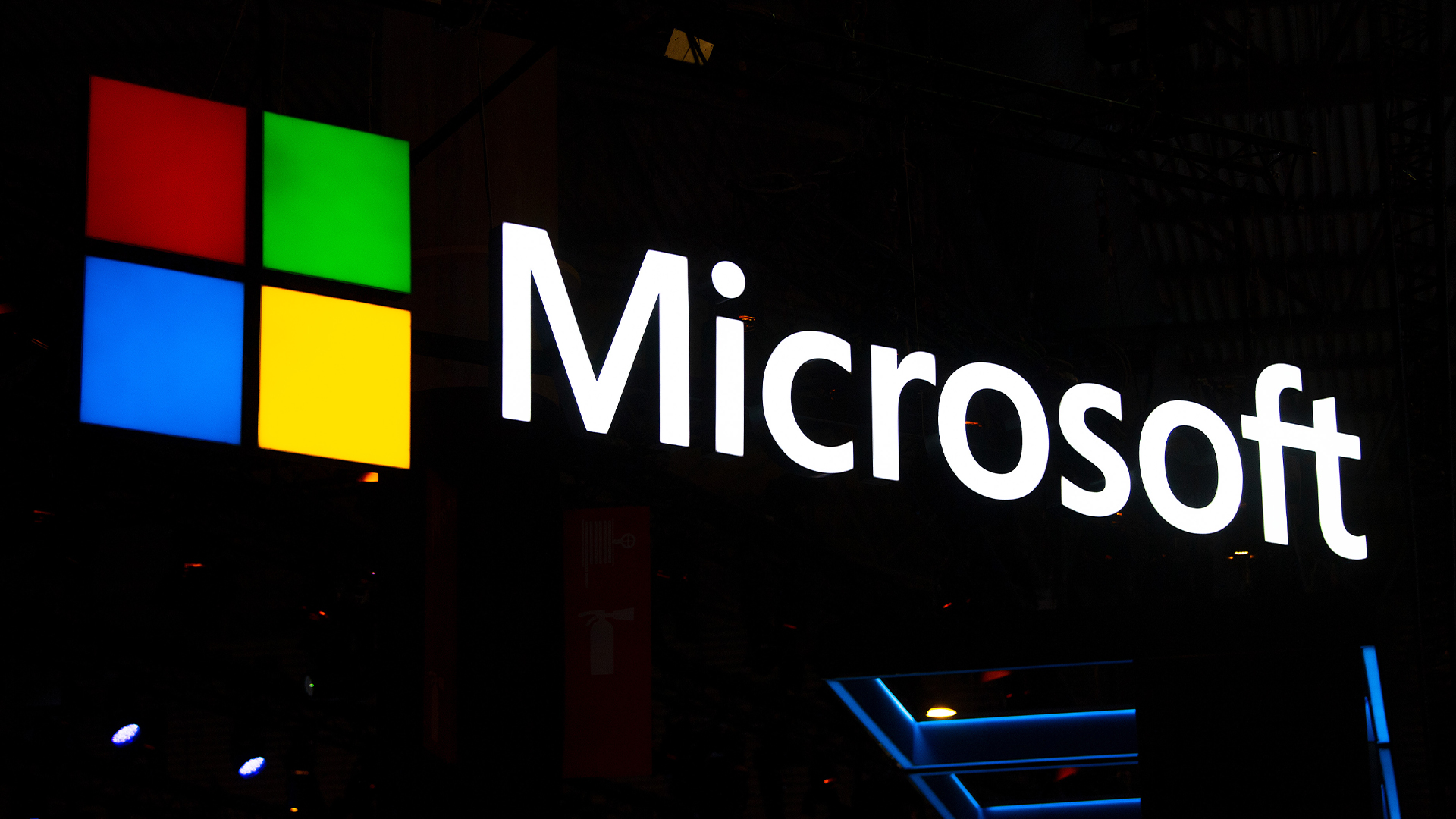

Microsoft’s decision to launch a new AI hub in London represents a major vote of confidence in the UK’s technology sector, according to industry stakeholders.
The tech giant has announced plans for a new AI research hub located in the Paddington area, with the facility dedicated to advancing the development of large language models (LLMs), supporting infrastructure, and tooling for foundation models.
Staff will work closely with AI teams across Microsoft and with its partners, including OpenAI, the company revealed.
Mustafa Suleyman, EVP and CEO of Microsoft AI, said the tech giant will begin actively recruiting for positions at the new hub over the coming months.
"There is an enormous pool of AI talent and expertise in the UK, and Microsoft AI plans to make a significant, long-term investment in the region as we begin hiring the best AI scientists and engineers into this new AI hub," he said.
"We’re looking for new team members who are driven by impact at scale, and who are passionate innovators eager to contribute to a team culture where continuous learning is the norm."
The new hub will be led by Jordan Hoffmann, previously of Inflection and DeepMind.
Get the ITPro daily newsletter
Sign up today and you will receive a free copy of our Future Focus 2025 report - the leading guidance on AI, cybersecurity and other IT challenges as per 700+ senior executives
Russ Shaw CBE, founder of Tech London Advocates & Global Tech Advocates, said the launch of the new AI hub is “another feather in the cap of the capital’s burgeoning tech ecosystem” and highlights the country’s growing appeal as a global AI hub.
“This latest Microsoft AI hub in London should be seen as a huge vote of confidence for the UK from one of the global tech industry’s major players," he said.
"It is the latest of several examples of Microsoft demonstrating its commitment to delivering high quality jobs here, with £2.5 billion recently announced to upskill the company’s UK workforce.
"Taken together, it is clear to see the high regard in which the UK’s research capabilities and talent pool are held by the companies driving the technological developments which will define the economies of tomorrow.”
Microsoft’s London AI hub builds on strong foundations
Microsoft already has a strong presence in the UK's AI sector, including at the Microsoft Research Cambridge lab, which carries out research in the areas of AI, cloud, and productivity.
The launch of the new AI hub follows a series of initiatives from Microsoft in the UK, including the recent announcement of a £2.5 billion investment to expand its AI data center infrastructure in the UK.
It also pledged to bring more than 20,000 of the most advanced GPUs to the UK by 2026, extending its Accelerating Foundation Models Research (AFMR) program to give priority access to the UK’s science and research community.
The tech giant has also promised a multi-million-pound investment to train a million people in AI skills.
RELATED WHITEPAPER

Microsoft has been pushing for the government to develop a broader legal and regulatory framework for AI, and Suleyman said the decision to open the new hub has been influenced by the UK government's approach to AI safety.
"This is great news for Microsoft AI and for the UK. As a British citizen, born and raised in London, I’m proud to have co-founded and built a cutting-edge AI business here,” he said.
“I know – through my close work with thought leaders in the UK government, business community and academia – that the country is committed to advancing AI responsibly and with a safety-first commitment to drive investment, innovation and economic growth," says Suleyman.
"I’m deeply aware of the extraordinary talent pool and AI ecosystem in the UK, and I’m excited to make this commitment to the UK on behalf of Microsoft AI."
Emma Woollacott is a freelance journalist writing for publications including the BBC, Private Eye, Forbes, Raconteur and specialist technology titles.
-
 Bigger salaries, more burnout: Is the CISO role in crisis?
Bigger salaries, more burnout: Is the CISO role in crisis?In-depth CISOs are more stressed than ever before – but why is this and what can be done?
By Kate O'Flaherty Published
-
 Cheap cyber crime kits can be bought on the dark web for less than $25
Cheap cyber crime kits can be bought on the dark web for less than $25News Research from NordVPN shows phishing kits are now widely available on the dark web and via messaging apps like Telegram, and are often selling for less than $25.
By Emma Woollacott Published
-
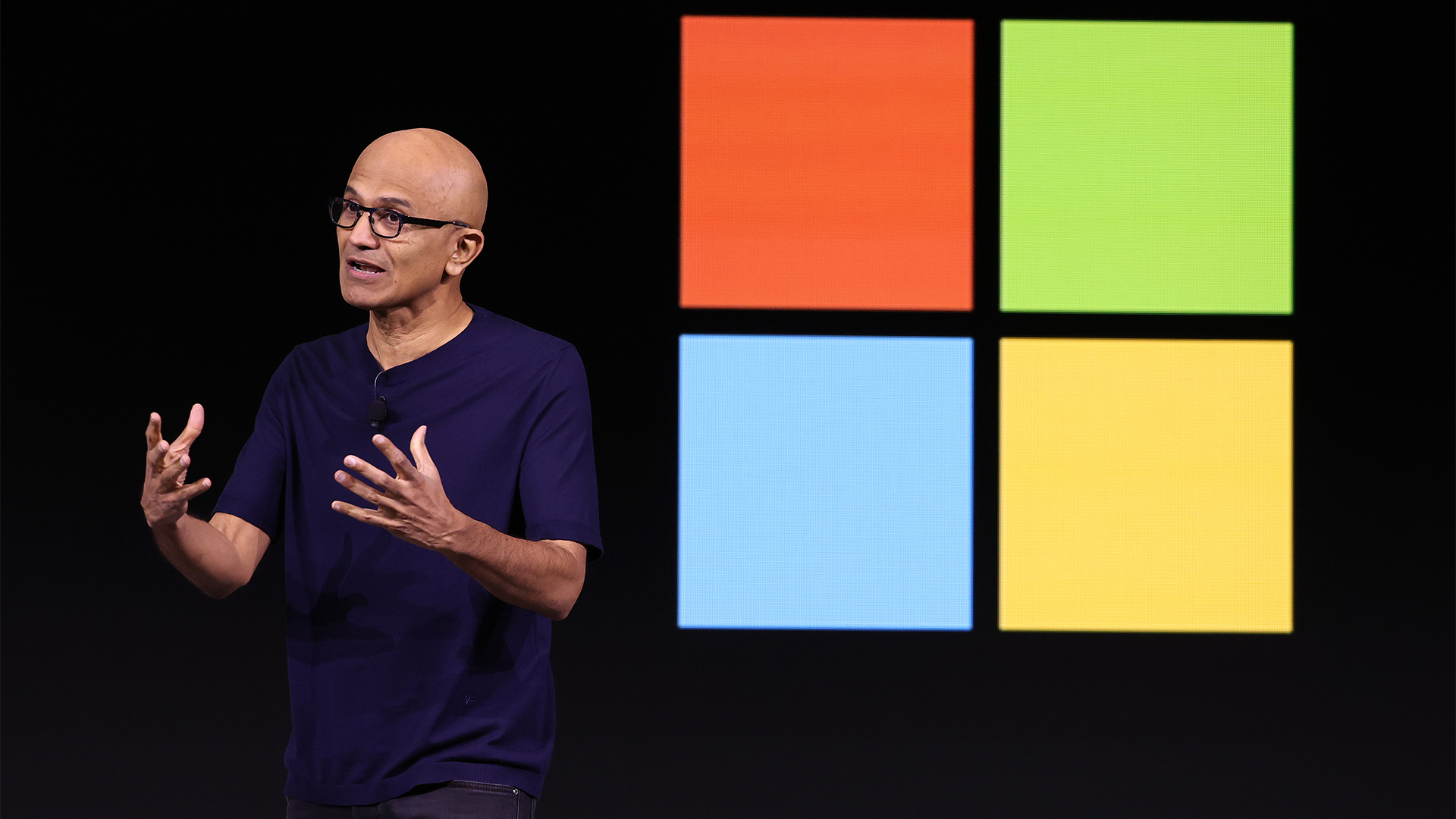 "I LOVE this company!" Looking back on 50 years of tech giant Microsoft
"I LOVE this company!" Looking back on 50 years of tech giant MicrosoftOpinion There have been highs, lows, laughs and lots of success in the past 5 decades for the Redmond-headquartered firm
By Maggie Holland Published
-
 The CMA just dropped its probe into the Microsoft–OpenAI deal
The CMA just dropped its probe into the Microsoft–OpenAI dealNews The CMA has dropped its probe into the partnership between Microsoft and OpenAI, saying the deal doesn't give Microsoft a controlling interest over the AI firm.
By Emma Woollacott Published
-
 Microsoft says there’s an AI divide brewing – here’s how enterprises can get on the right side
Microsoft says there’s an AI divide brewing – here’s how enterprises can get on the right sideNews Research from Microsoft and Goldsmiths University suggests there is a growing 'AI divide' among enterprises adopting the technology and those sluggish to react.
By George Fitzmaurice Published
-
 ‘Europe could do it, but it's chosen not to do it’: Eric Schmidt thinks EU regulation will stifle AI innovation – but Britain has a huge opportunity
‘Europe could do it, but it's chosen not to do it’: Eric Schmidt thinks EU regulation will stifle AI innovation – but Britain has a huge opportunityNews Former Google CEO Eric Schmidt believes EU AI regulation is hampering innovation in the region and placing enterprises at a disadvantage.
By Ross Kelly Published
-
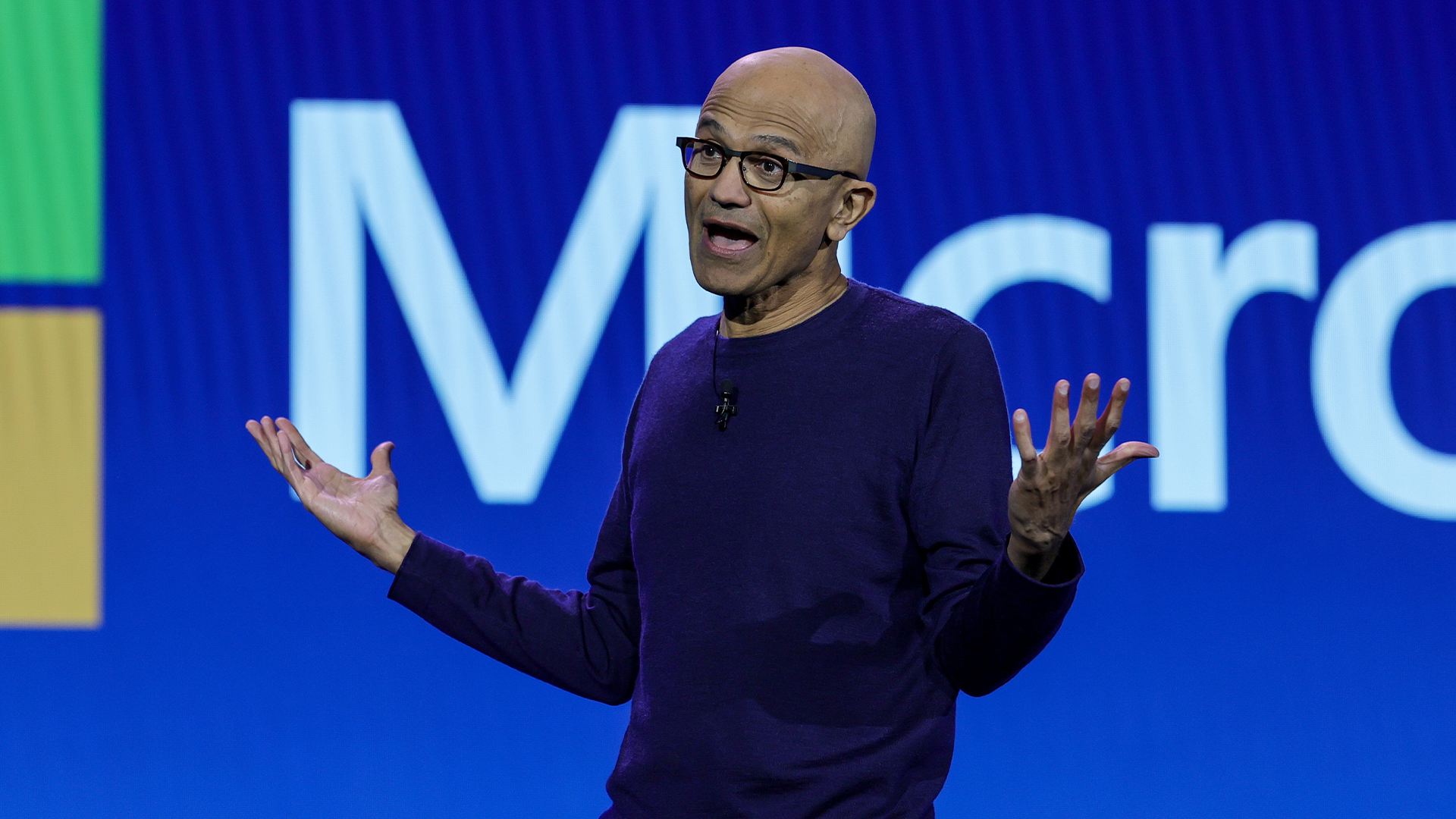 Microsoft promises more AI spending despite cloud cost stumble
Microsoft promises more AI spending despite cloud cost stumbleNews Microsoft recorded revenue and earnings growth in its latest quarterly results, but higher than expected costs in cloud and AI raised investor concerns.
By Nicole Kobie Published
-
 Microsoft staff face second round of layoffs as firm continues cost-cutting measures
Microsoft staff face second round of layoffs as firm continues cost-cutting measuresNews The size of the layoffs has not been specified, though Microsoft has said they will be small
By George Fitzmaurice Published
-
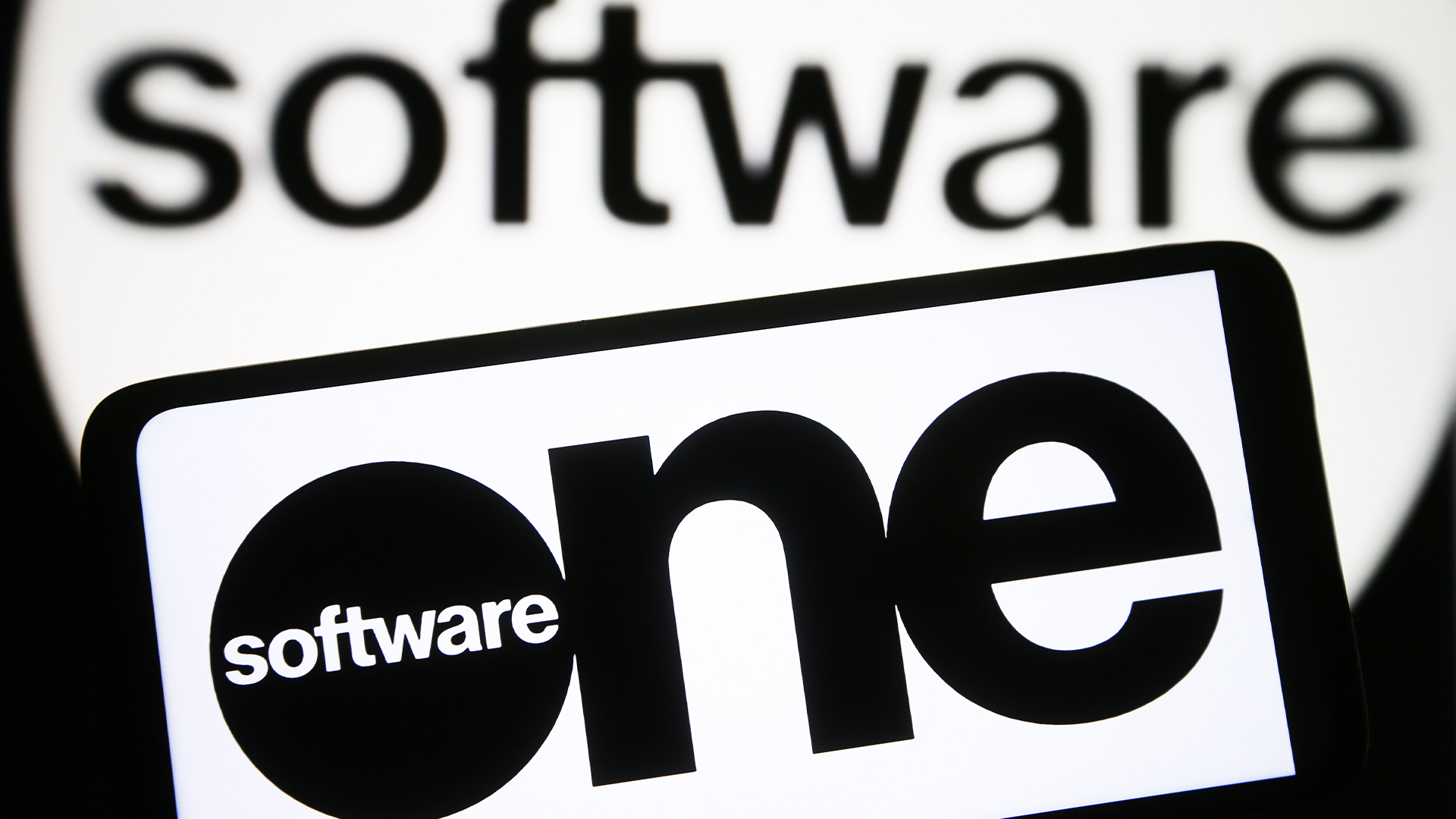 SoftwareOne to acquire Crayon in $1.4 billion merger deal
SoftwareOne to acquire Crayon in $1.4 billion merger dealNews The merged firm will be 'uniquely positioned' to capitalize on a $150 billion market
By Emma Woollacott Published
-
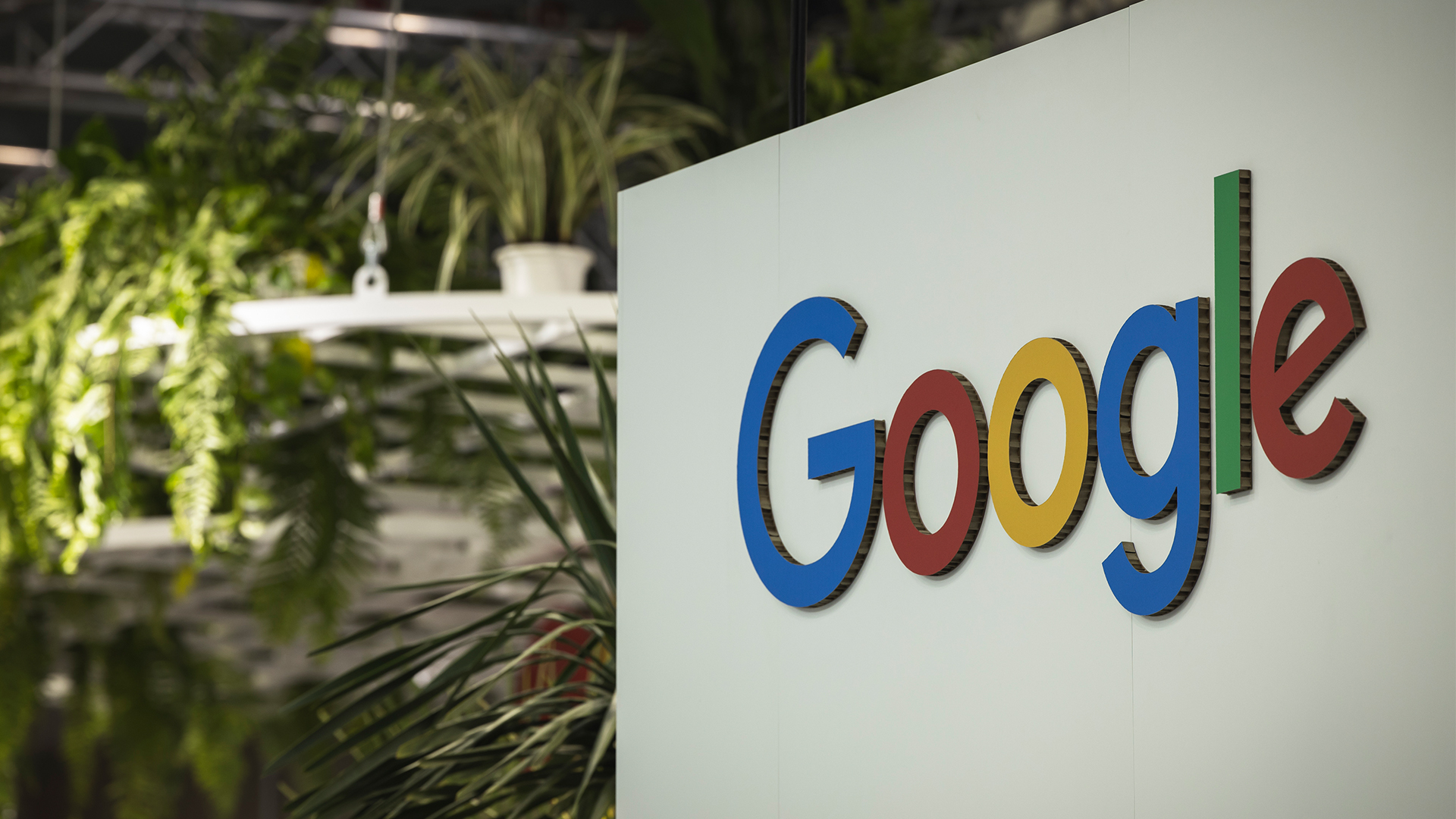 Google wants regulators to break up Microsoft's OpenAI deal
Google wants regulators to break up Microsoft's OpenAI dealNews Google has already been nipping at Microsoft’s heels in the European cloud market over competition concerns
By George Fitzmaurice Published